Earth Week: Special Edition of Good Climate News this Week!
Apr 26, 2024
 Credit: Jeremy Bishop
Credit: Jeremy Bishop
Every Monday, we round up five of the best good climate news stories we’re celebrating. This week we cover the EPA’s new, stricter vehicle emissions standards, American Climate Corps applications, DOE funding for a Tribal solar microgrid, a win for California’s Yurok Tribe, and investments in transportation infrastructure.
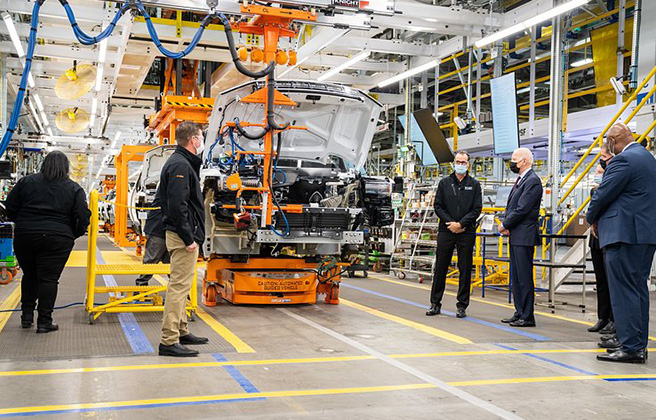
EPA has released its finalized vehicle emissions standards for passenger vehicles and light-duty trucks and SUVs.
The new standards are the strictest federal climate regulations ever issued for light-duty vehicles and will cut carbon pollution from transportation by an estimated 7.2 billion tons by 2055, or more than the entire country’s yearly emissions. Additionally, the rule would reduce tailpipe pollution that creates smog and soot.
By enacting stricter emissions standards, the new rule aims to accelerate low- and no-emission vehicle manufacturing across the country. EPA estimates it could propel electric vehicles (EVs) to make up 68% of all vehicle sales in the U.S. by 2032, blowing past President Biden’s original goal of having EVs make up 50% of the market by that time.
The new rule is also expected to increase U.S. auto manufacturing employment. In response to the new rule, the United Auto Workers union stated it has “a strong commitment to protecting the environment and fully supports efforts to create a cleaner domestic auto industry. [….] The UAW is proudly leading the fight for a just transition so the shift to electric vehicles truly benefits workers and the environment, not just the auto industry and Wall Street.”
Source: Climatewire, Politico Pro (here, and here), United Auto Workers
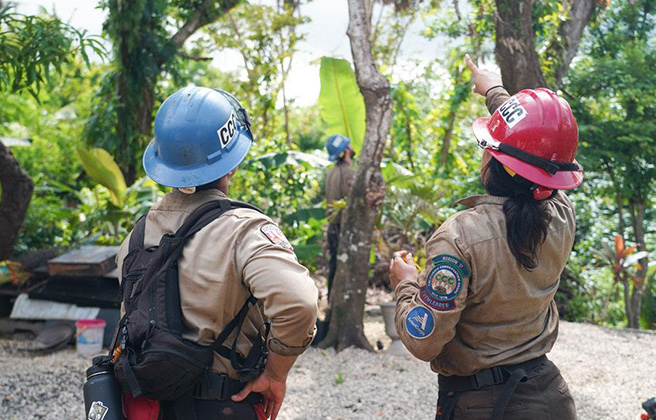
Applications for the American Climate Corps, President Biden’s green jobs program, will open next month. The program will include positions, most without previous experience required, in areas including energy-efficiency installations, disaster response preparedness, recycling, and wildfire mitigation.
The program has already seen an incredible amount of interest. As of last month, over 50,000 young people had expressed interest and over 2,000 attended information sessions on the programs. Additionally, around 71% of voters support the idea, including over half of Republicans.
The program will launch with a few hundred jobs, but expects to hire up to 20,000 young people in its first year.
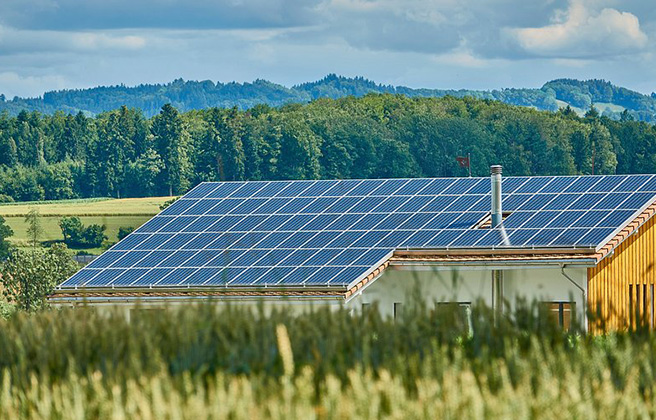
Thanks to President Biden’s affordable clean energy plan, the Department of Energy’s tribal energy financing program saw its loan authority increase tenfold. Now, the program is funding its first project: a microgrid on land belonging to the Viejas Band of Kumeyaay Indians in California. The financing comes as a partial loan guarantee of up to $72.8 million dollars.
The microgrid will generate 15 megawatts of solar energy and include a 38-megawatt hour battery energy storage system. Additionally, it will create 250 construction jobs and eight permanent positions once operational.
Source: Politico Pro
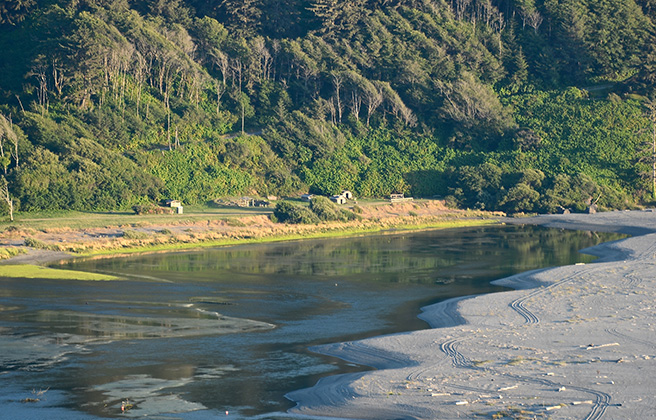
In a first-of-its-kind deal with the National Park Service, the Yurok Tribe of California will reclaim ownership of 125 acres adjacent to the Redwoods National Forest by 2026. The property, which lies at the heart of their ancestral land, was stolen during the gold rush in the mid-1800s for its old-growth redwoods and other resources.
The new site, called ‘O Rew in the Yurok language, will be co-managed by the Tribe and the national and state park services as a gateway for the visiting public to the adjacent Redwood National and State Parks. Plans for the site include a cultural center for visitors along with a traditional village constructed from redwood plank and a sweat house. On top of a preexisting salmon restoration project, the Tribe intends to connect new trails with nearby parks, scenic areas, and interpretive exhibits.
Redwood trees are important to the tribe’s tradition, which upholds them as sacred living beings and guardians of sacred spaces.
Source: Politico, Yurok Tribe, California Department of Parks and Recreation
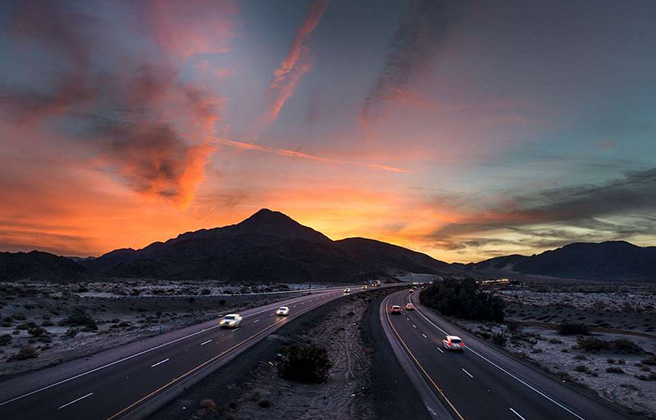
The Biden-Harris administration will invest over $3 billion in transportation grants to reconnect and rebuild communities that were divided decades ago by previous infrastructure projects.
“The Department of Transportation estimates that at least one million people and businesses were displaced by decades of harmful urban renewal projects and legacy policy decisions in the buildout of the Federal highway system. Highways and rail lines have disproportionately torn through Black and other communities of color and low-income communities, displacing residents and businesses, stifling economic development, and cutting communities off from essentials such as groceries, jobs, transportation, and health care,” the White House outlined in a statement announcing the initiative. The Reconnecting Communities and Neighborhoods Program “will help rectify the damage done by past transportation projects and drive economic growth in communities in every corner of the country.”
The program aims to improve underserved communities’ access to jobs, healthcare, education, food and recreation while reducing environmental harm and greenhouse gas emissions from transit. It will award grants to fund projects such as new roads, bus lanes, parks, and infrastructure for pedestrian and bicycle access. This program is an essential part of the administration’s commitment to advancing racial equity and delivering on clean transportation systems.
Source: The White House, U.S. Department of Transportation
Check out the Power Source Blog and follow us on Instagram or Twitter for more Good Climate News every Monday.